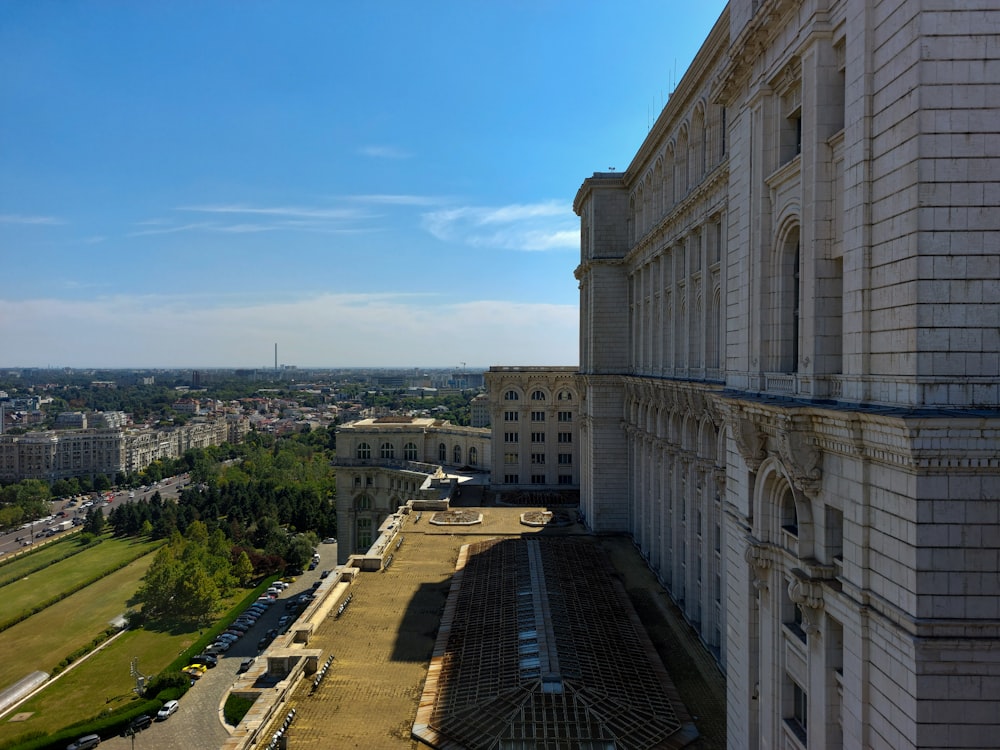
Aurora Rooftop Hotel Where Skyline Dreams Come True
Aurora Rooftop Hotel: Where Skyline Dreams Come True
An Elevated Escape
Nestled high above the city, the Aurora Rooftop Hotel beckons travelers with promises of luxury and enchantment. Here, amidst the clouds and the stars, guests are transported to a world where skyline dreams come true. Let’s embark on a journey to discover the allure of this rooftop oasis and the magic it holds.
A Panoramic Paradise
As you step onto the rooftop terrace of the Aurora Rooftop Hotel, a breathtaking panorama unfolds before you. The cityscape stretches out in all directions, a twinkling tapestry of lights that seem to dance against the night sky. It’s a view that captivates the soul and invites you to lose yourself in its splendor.
Chic and Contemporary Elegance
The ambiance of the Aurora Rooftop Hotel is one of chic and contemporary elegance. Sleek furnishings, modern design elements, and subtle lighting create an atmosphere of understated luxury. Whether you’re lounging in a plush sofa or sipping a cocktail at the bar, every corner of this rooftop oasis exudes sophistication.
Sips with a View
Speaking of cocktails, the Aurora Rooftop Hotel boasts an impressive array of libations that are as exquisite as the views. Expert mixologists craft each drink with precision and creativity, using locally sourced ingredients and premium spirits. Sip on a classic martini or indulge in a signature concoction while soaking in the skyline views—it’s an experience that tantalizes the senses.
Gourmet Delights Under the Stars
Complementing the stellar drinks menu is the hotel’s culinary offerings, which promise to delight even the most discerning palates. From tantalizing appetizers to gourmet entrees, each dish is a masterpiece of flavor and presentation. Dine al fresco under the stars, surrounded by the gentle breeze and the twinkling lights of the city below.
A Sanctuary of Serenity
After a day of exploring the city or attending business meetings, the Aurora Rooftop Hotel offers a sanctuary of serenity and relaxation. Retreat to the rooftop pool, where crystal-clear waters invite you to take a refreshing dip. Lounge on a comfortable sunbed and bask in the warm glow of the sun as you enjoy a poolside cocktail.
Exclusive Events and Celebrations
For those seeking to host a memorable event or celebration, the Aurora Rooftop Hotel offers exclusive event spaces that are sure to impress. Whether it’s a romantic wedding reception, a corporate gathering, or a private party, the dedicated events team ensures that every detail is taken care of. Host your event under the stars and create memories that will last a lifetime.
Live Music and Nightly Entertainment
Adding to the enchantment of the Aurora Rooftop Hotel is its lineup of live music and nightly entertainment. Talented musicians take the stage, filling the air with soulful melodies and lively beats. Whether you’re a music enthusiast or simply looking to unwind after a long day, the vibrant energy of the rooftop comes alive with each performance.
Fitness and Wellness in the Sky
For those who prefer to stay active during their


















































